Antiviral Activity of Nitric Oxide
€ 25.50 · 4.6 (770) · Auf Lager
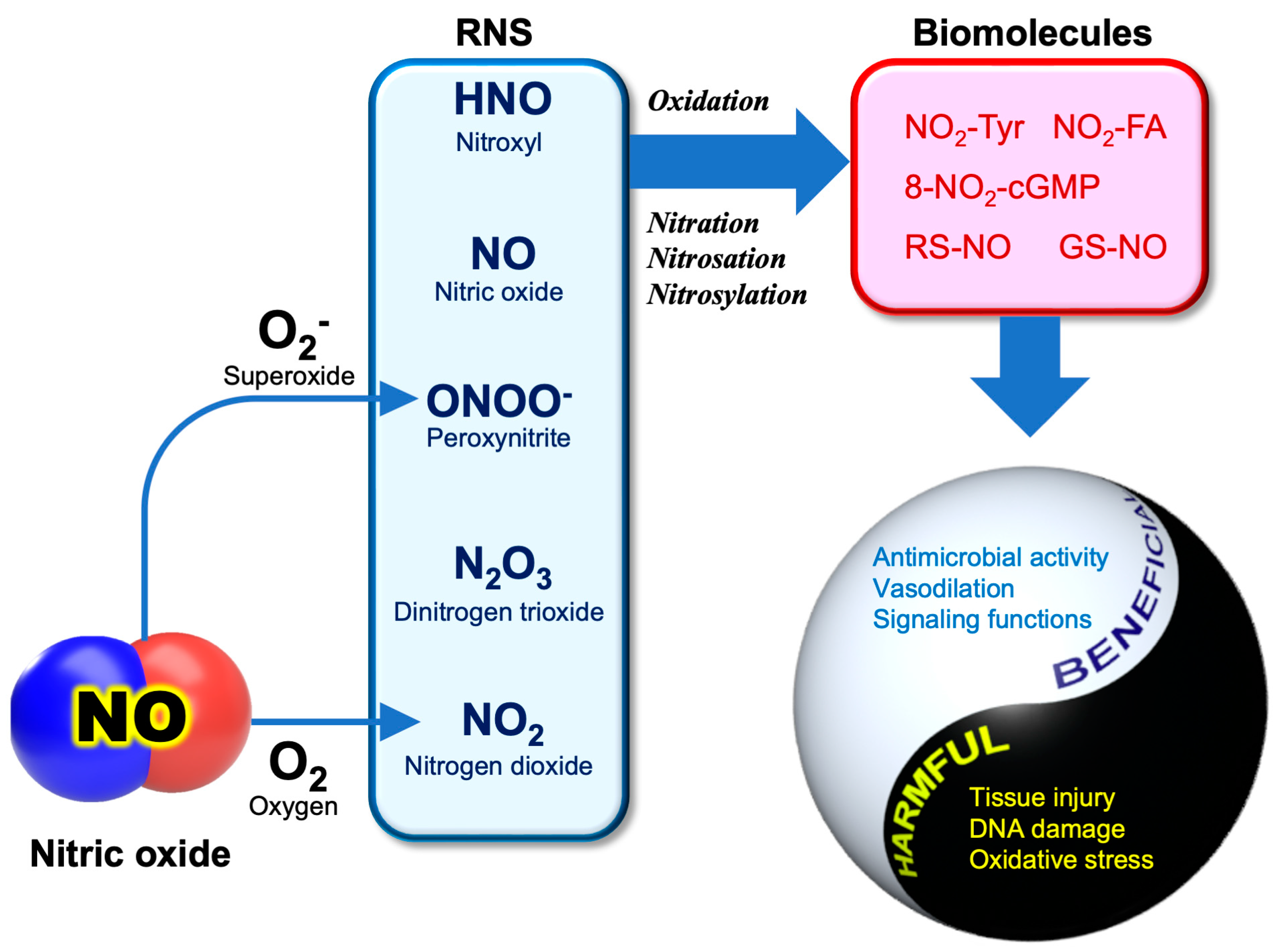
Nitric oxide (NO) is a gaseous free radical that is largely produced by the enzyme NO synthase (NOS) in cells. NO produced by upper epidermal cells contributes to the inactivation of viruses and bacteria contained in air or aerosols. In addition to enzymatic production, NO can be generated by the chemical reduction of inorganic nitrite (NO2−), an alternative mechanism for NO production in living organisms. Dietary vitamin C, largely contained in fruits and vegetables, can reduce the nitrite in saliva to produce NO in the oral cavity when chewing foods. In the stomach, salivary nitrite can also be reduced to NO by vitamin C secreted from the epidermal cells of the stomach. The strong acidic pH of gastric juice facilitates the chemical reduction of salivary nitrite to produce NO. It is evident that NO exhibits substantial antiviral activity against many types of viruses, including SARS-CoV-2.
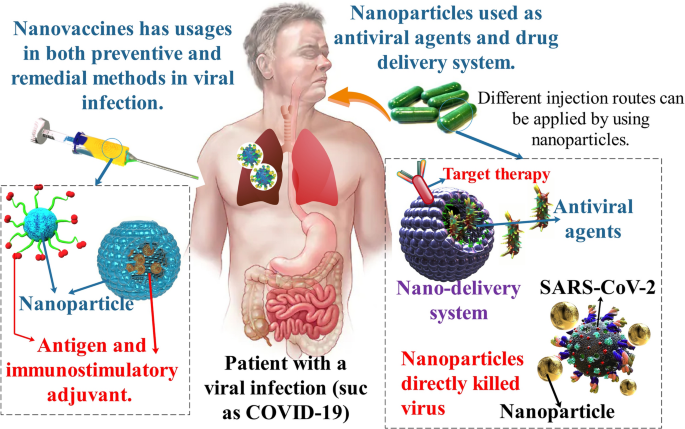
An overview on nanoparticle-based strategies to fight viral
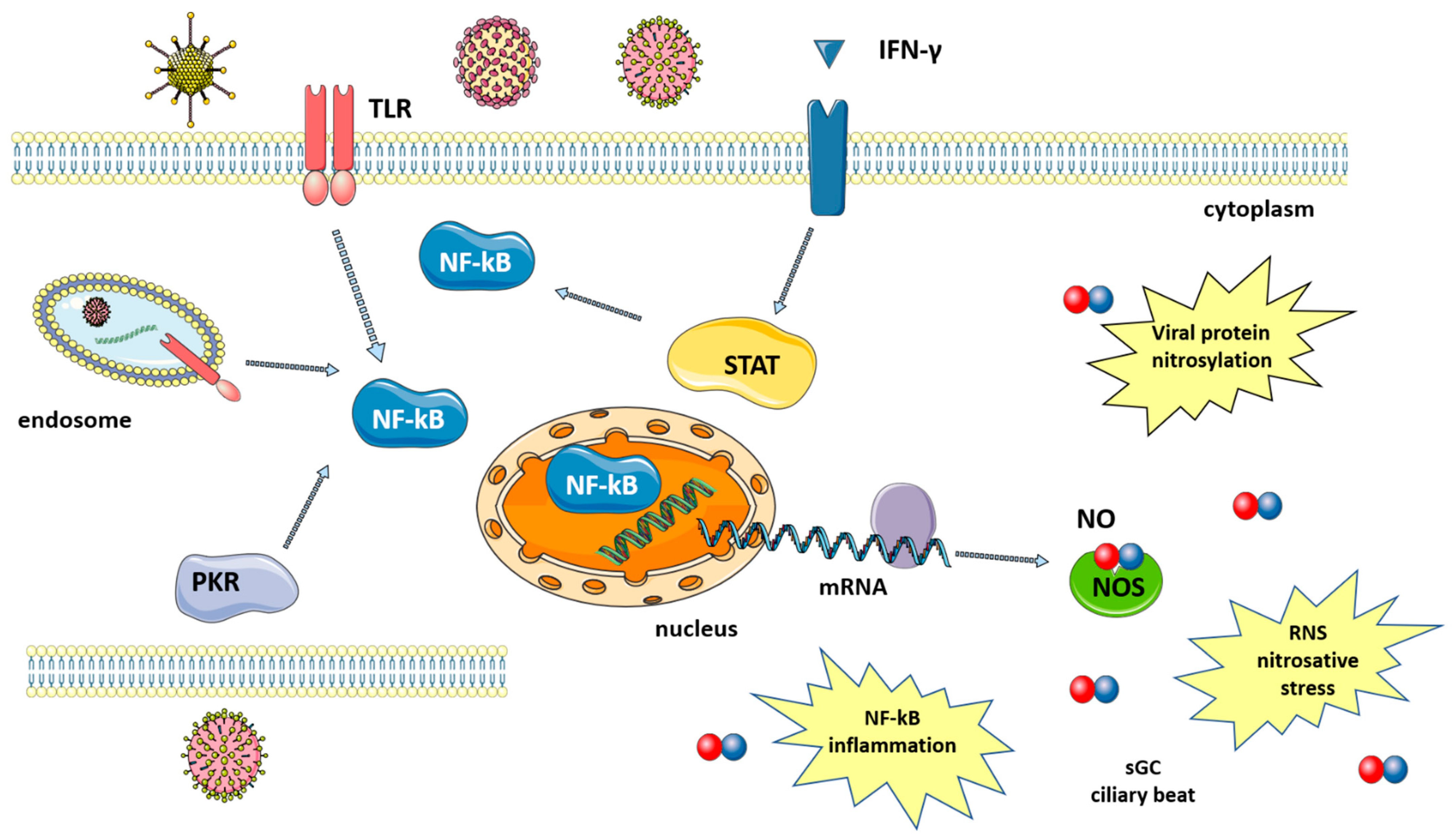
Molecules, Free Full-Text
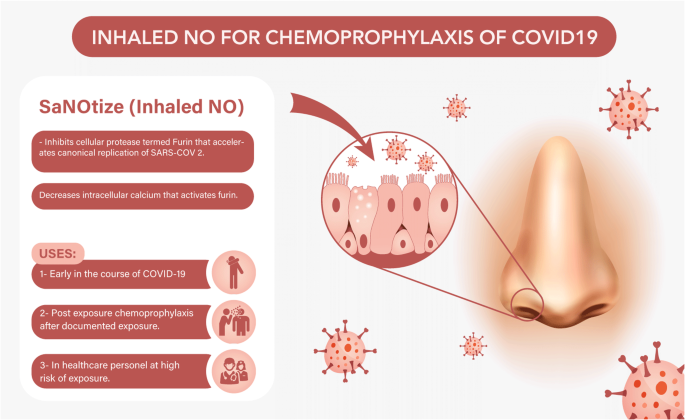
The potential role of inhaled nitric oxide for postexposure
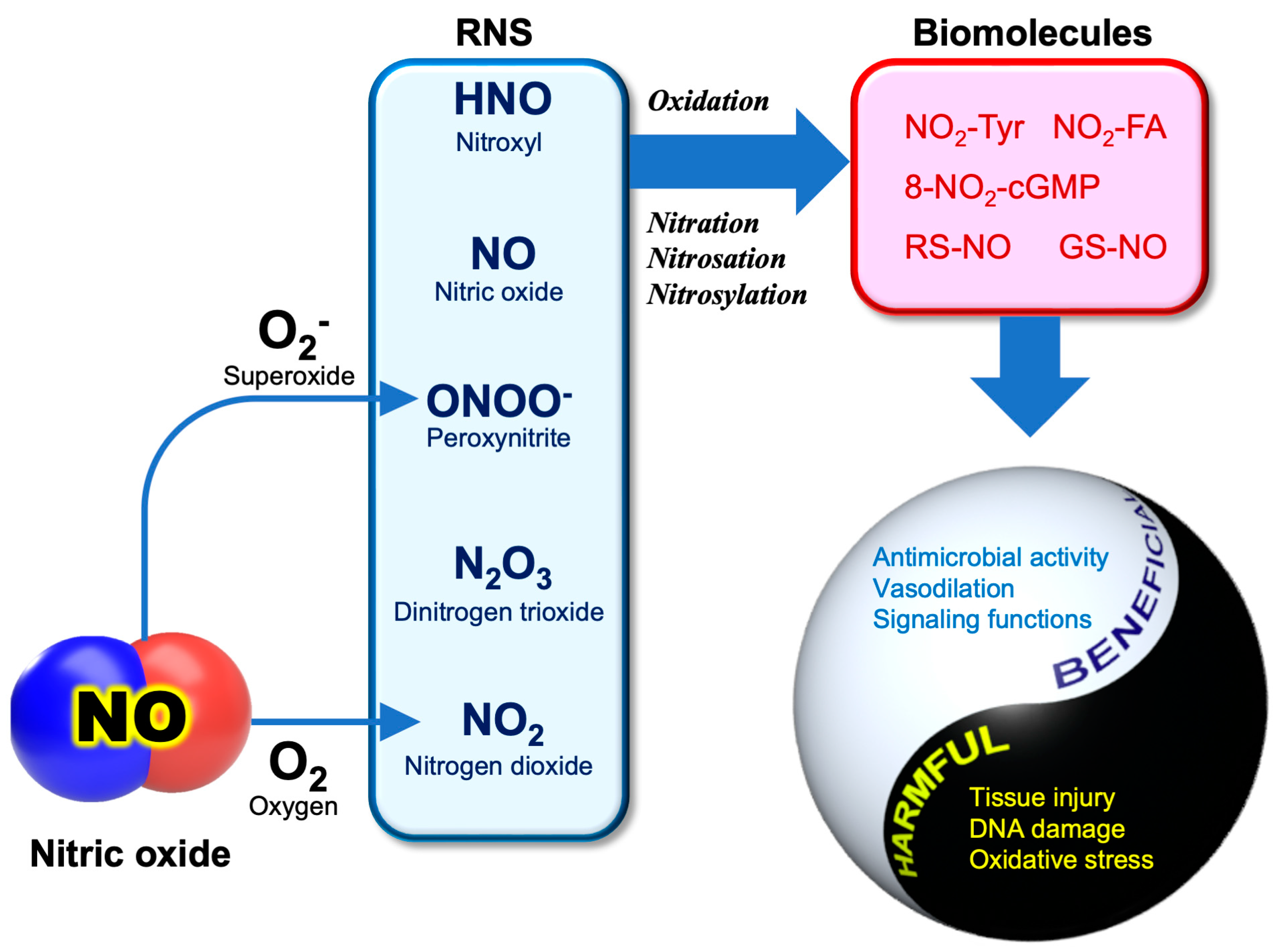
Microorganisms, Free Full-Text
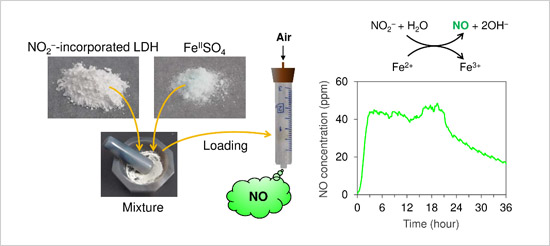
Development of a Portable and Disposable Nitric Oxide (NO
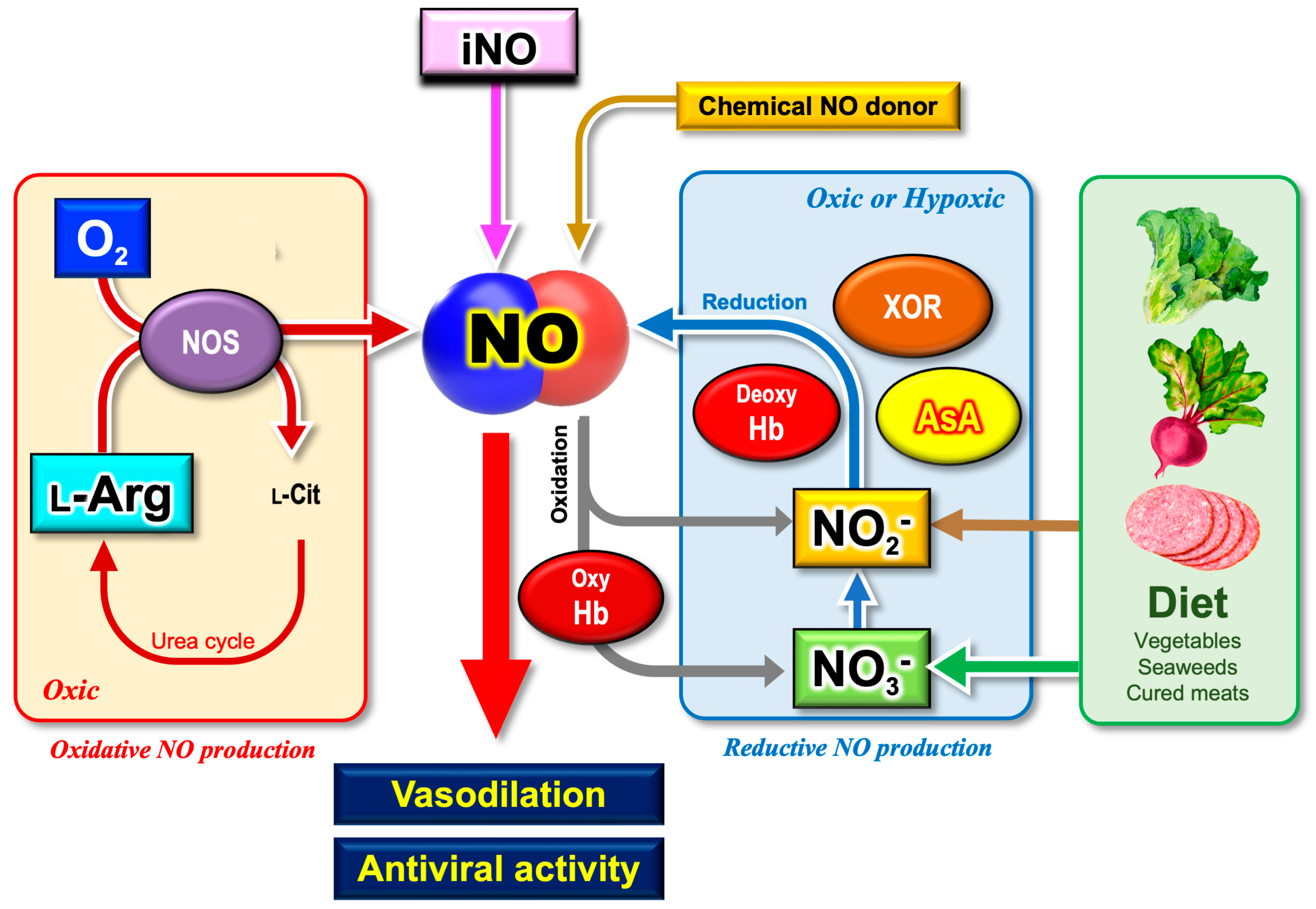
Microorganisms, Free Full-Text
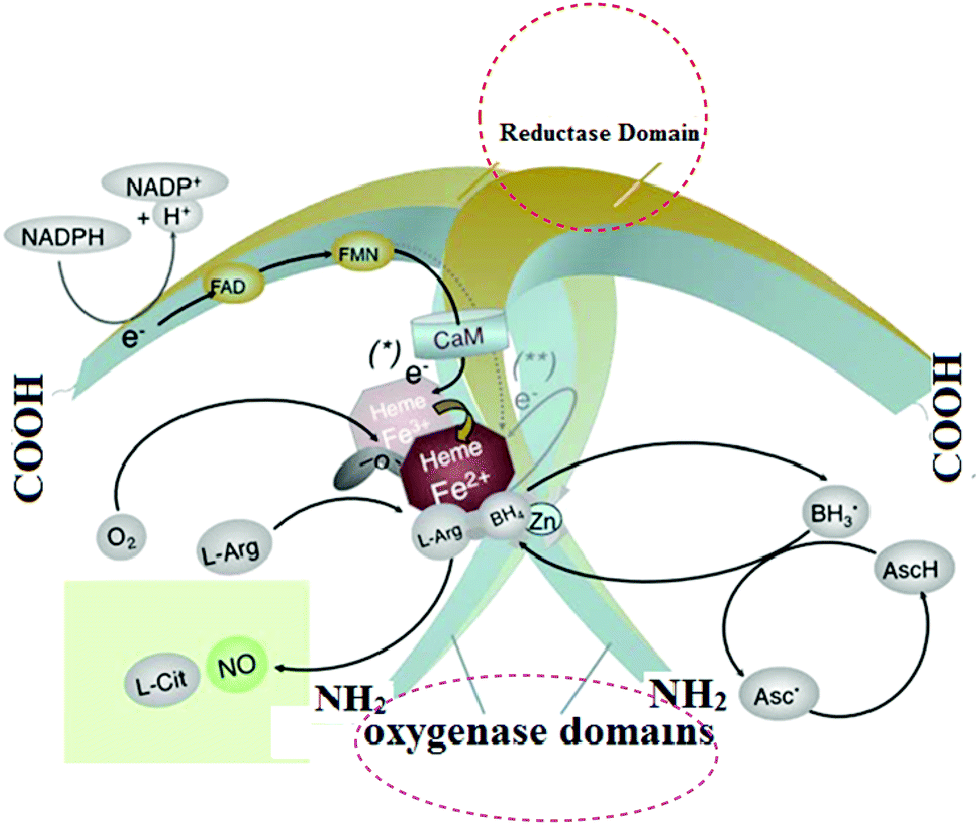
Nitric oxide as a therapeutic option for COVID-19 treatment: a
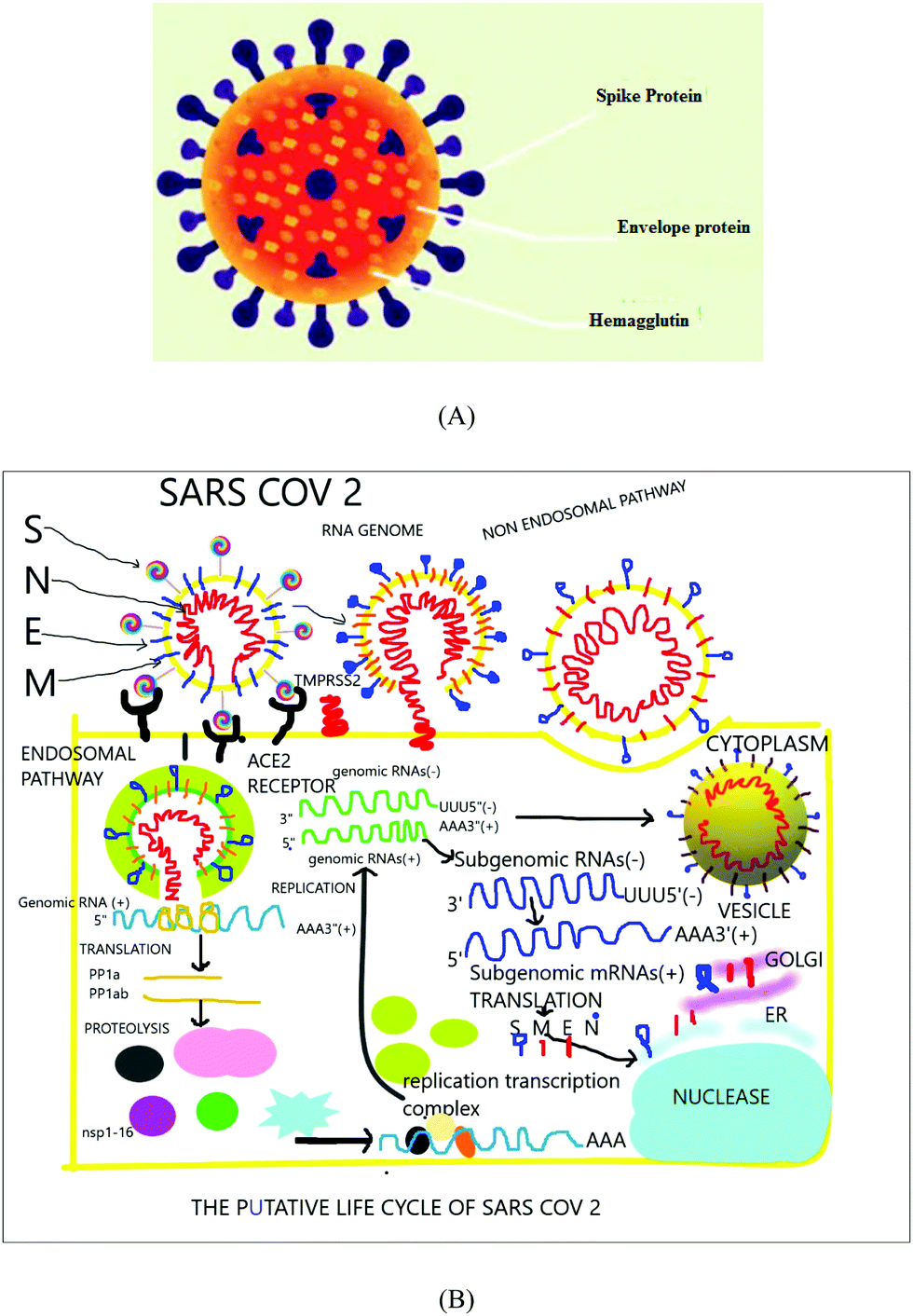
Nitric oxide as a therapeutic option for COVID-19 treatment: a

Pleiotropic Effects of Nitric Oxide on SARS-CoV-2 Infections

JCI - Evidence for antiviral effect of nitric oxide. Inhibition of
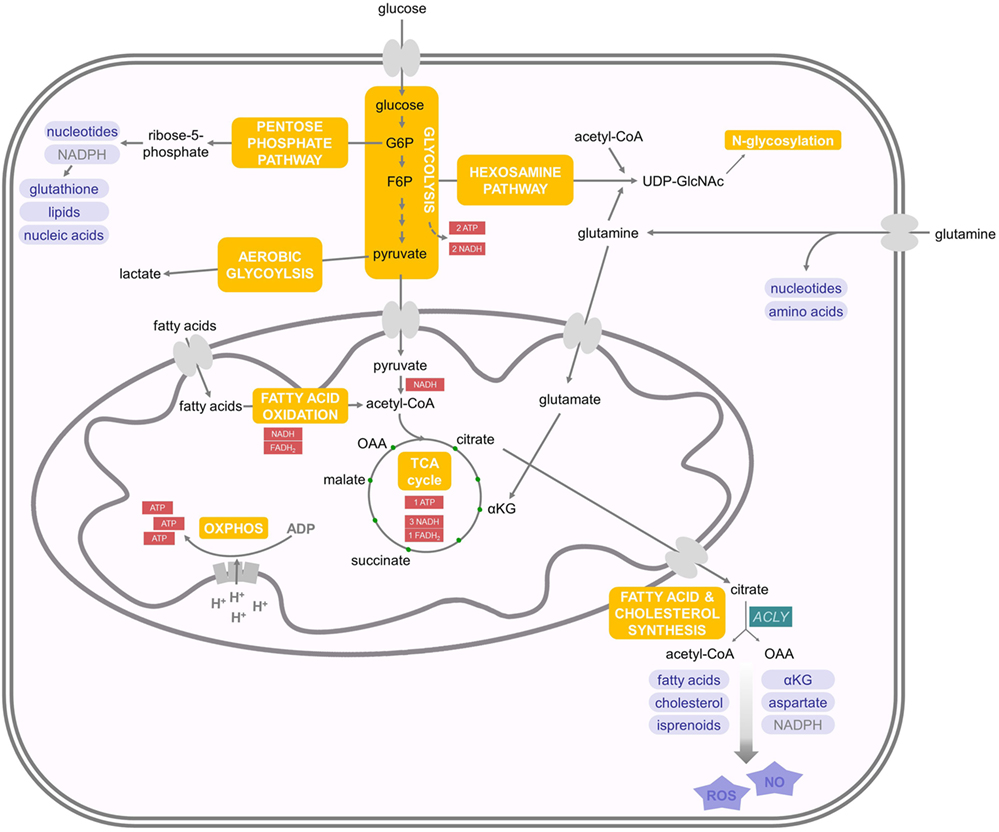
Frontiers Effects of Interferons and Viruses on Metabolism
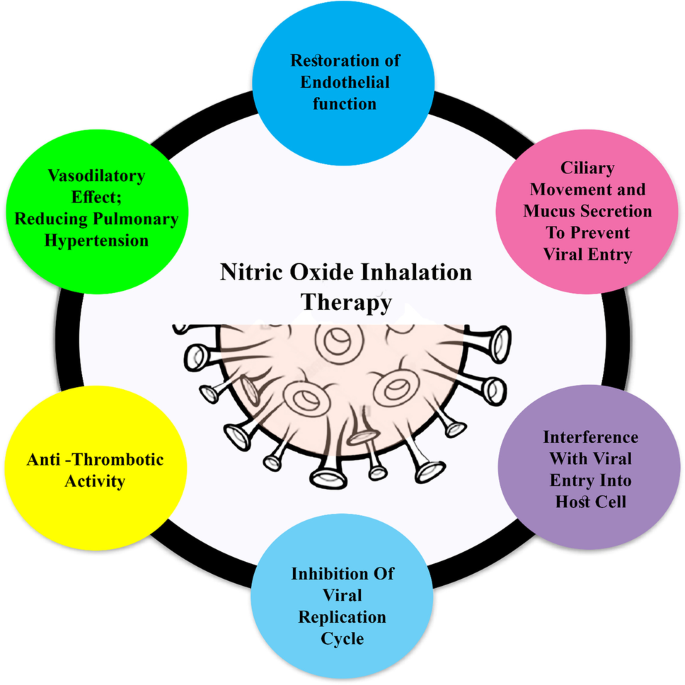
Critical role of nitric oxide in impeding COVID-19 transmission
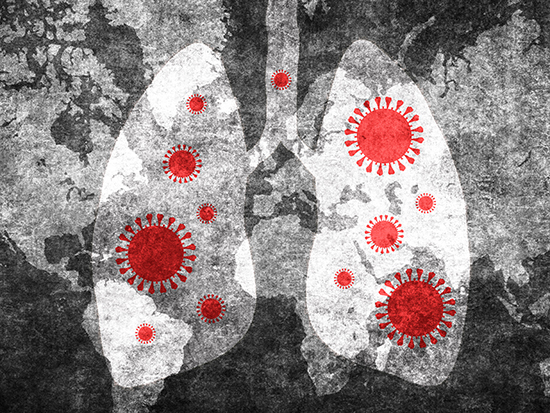
UAB among first in the U.S. to offer clinical trial for the
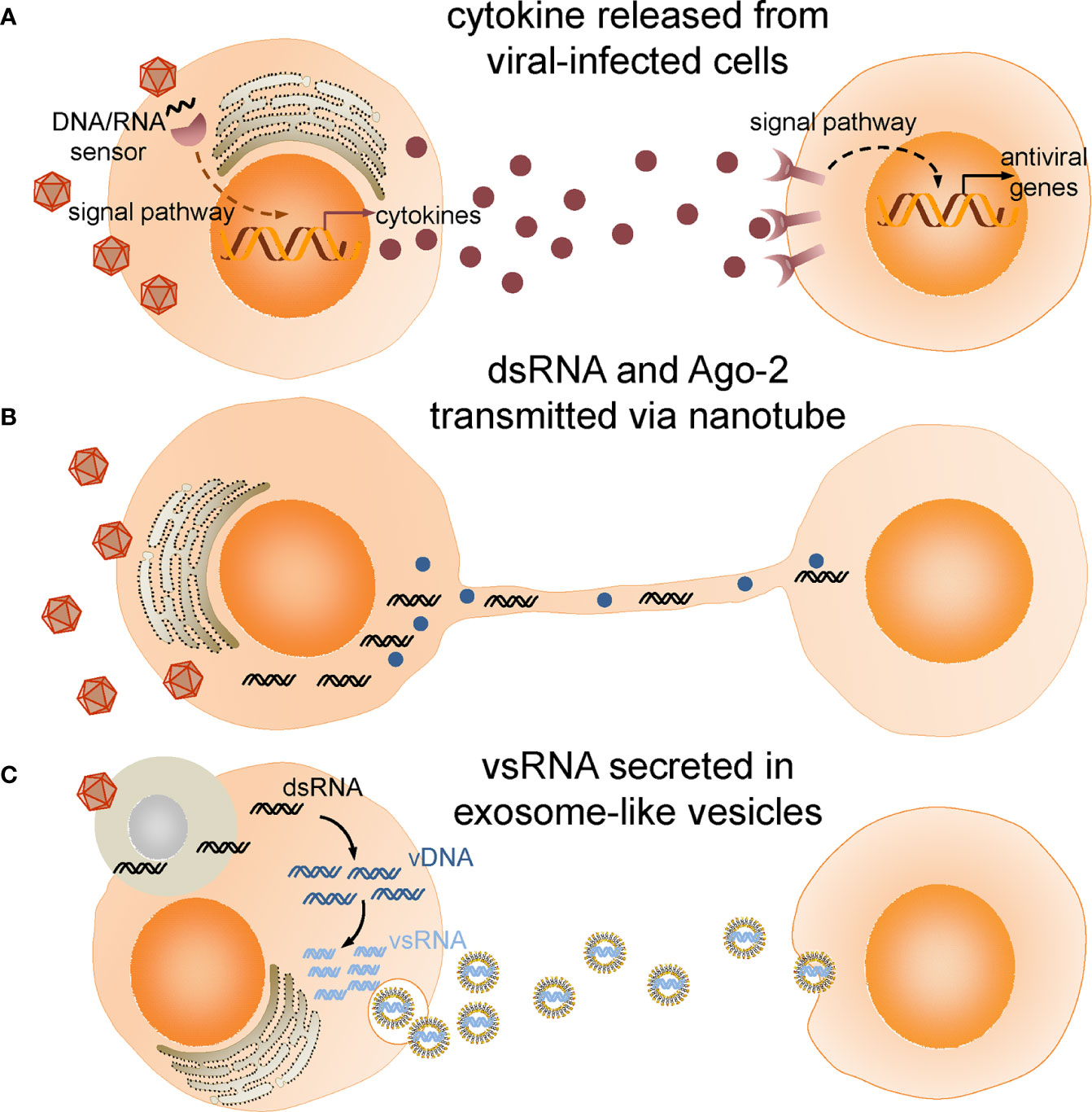
Frontiers Sending Out Alarms: A Perspective on Intercellular

Nitric Oxide: Physiological Functions, Delivery, and Biomedical









